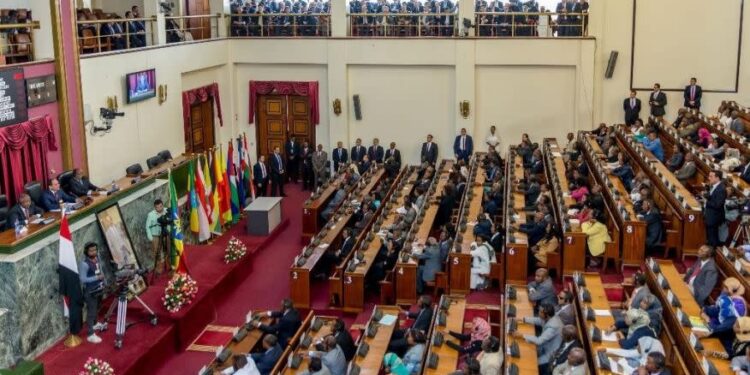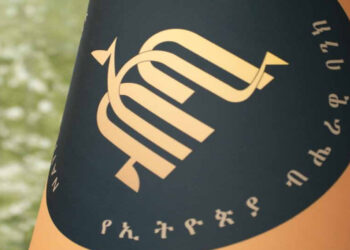The Ethiopian banking sector is poised for a transformative shift with the introduction of the Banking Business Proclamation. This landmark reform aims to enhance the sector’s competitiveness, efficiency, and stability while driving sustainable economic growth. The centerpiece of this proclamation is the opening of Ethiopia’s banking sector to foreign investment—a move that is set to reshape the financial landscape of the country.
Opening Doors to Foreign Investment
For the first time, Ethiopia is formally opening its banking sector to foreign investment. This strategic decision reflects the government’s commitment to improving market dynamics, fostering innovation, and attracting much-needed capital to strengthen the financial system. By allowing foreign players into the sector, the proclamation aims to inject competition, modernize banking practices, and ultimately contribute to the broader economic goals.
Who Can Invest?
The proclamation outlines clear guidelines for foreign investment in Ethiopian banks:
- Foreign Nationals and Organizations:
- Foreign nationals, other than foreign banks, and foreign-owned Ethiopian organizations are now permitted to acquire shares in domestic banks.
- However, specific limits are in place to ensure balanced ownership.
- Strategic Investors:
- Direct shareholding by a strategic foreign investor—whether in an existing or newly established domestic bank—is capped at 40% of the total subscribed shares.
- Non-Strategic Foreign Investors:
- Non-strategic foreign national investors are limited to 7% shareholding, while foreign juridical persons can hold up to 10% of the total shares.
- Aggregate Shareholding Limits:
- The combined shareholding by all foreign nationals and foreign-owned Ethiopian organizations cannot exceed 49% of the total subscribed shares of any bank.
Foreign Banks: A Measured Entry
The proclamation also introduces provisions for foreign banks to establish a presence in Ethiopia, but with strict limitations. Foreign banks are allowed to open either deposit-taking or non-deposit-taking branches, but not both simultaneously.
Investment Conditions and Benefits
To maintain economic stability and ensure transparency, foreign investments must adhere to specific conditions:
- All foreign investments must be made through foreign direct investment (FDI) in foreign currency.
- Dividends generated by foreign shareholders can be re-invested in Ethiopian Birr, provided that foreign ownership remains within the stipulated limits.
- Foreign nationals are also granted the right to repatriate dividends, salaries, and proceeds from the sale of shares, subject to the relevant National Bank directives and other applicable laws.
A Step Toward Economic Modernization
The 2024 Banking Business Proclamation represents a pivotal step toward modernizing Ethiopia’s financial sector. By embracing foreign investment, the country seeks to:
- Enhance competitiveness by encouraging innovation and efficiency.
- Improve the stability of the banking system through the introduction of global best practices.
- Facilitate capital inflows that will drive economic growth and financial inclusion.
This reform is not only expected to attract foreign investors but also bolster confidence in Ethiopia’s broader economic reform agenda.























